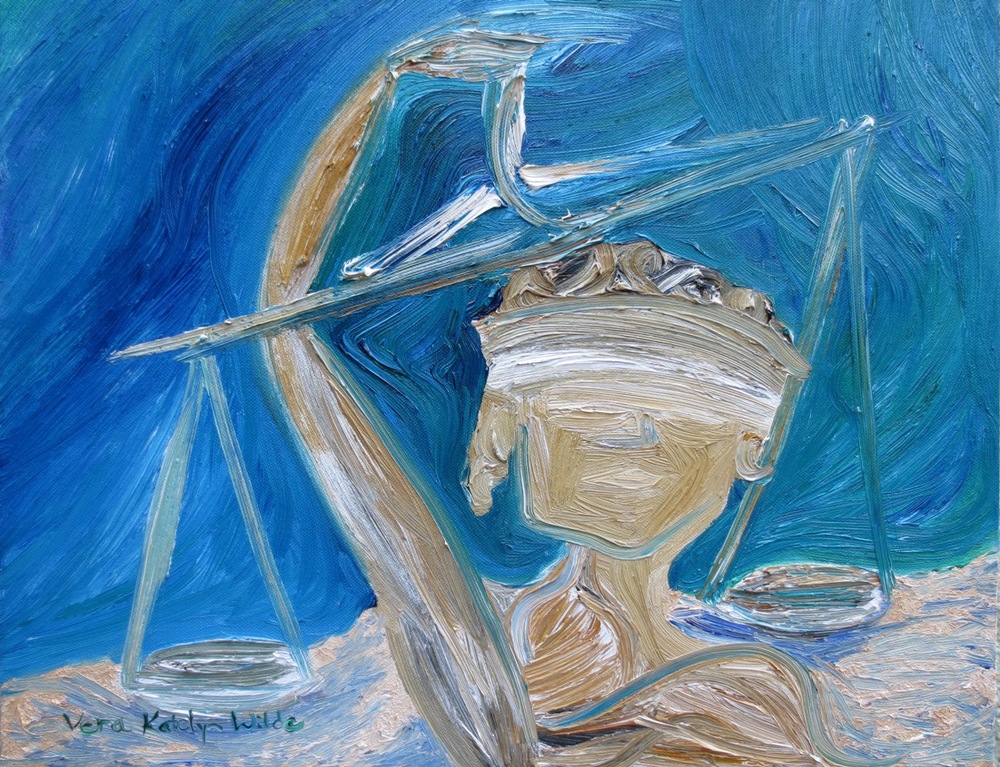
“Right to Silence”
Silent women carry mace,
walk to parked cars and locked homes
asphalt-eyed, pumping key-clenched fists.
Grey ghosts, we are pleasure boats
painted to disappear, carrying unseen soldiers
of selves to far-off wars.
We have learned to not complain.
We have learned that the world is not ours,
that the world is not ours is our fault.
Silence puffs its feathers, purrs,
and sheds useless old skins.
We have a right to silence.
We have many rights. For example,
we have also a right to compliance.
Miranda’s dull-witted, unwilling lover,
walking home tired from ticket-taking,
was pulled or climbed into a stranger’s car.
Therein: rope, rape, and Miranda.
Before he confessed, before his first conviction climaxed
with overturning, before our rights took his name
in a marriage of supreme respect and sexy gavel ching,
and before his reconviction—
police strapped the ticket-taker
into an interrogation chair and measured
her breathing, fingertip sweat, and the changes
in the spaces between the beatings of her heart.
“Turn on the light inside you, so we can see,”
they commanded. Jane Doe complied.
But her light was dim, seeing as she was retarded,
teenaged, and otherwise Inconclusive.
With that lie detector non-result, the investigation stalled,
which is to say the police did not believe her,
did not believe her story checked out enough to check out,
did not buy Jane’s Doe Rape Plea.
And so the ticket-taker returned to ticket-taking
but couldn’t breathe, couldn’t stop fingertip sweating, couldn’t pull her arms
that had been pulled tight by ropes and wires alike, tight enough over her head
to take the beatings of her heart. Someone had some small mercy:
a male guardian drove her home from work.
Paralysis: she couldn’t walk it anymore,
that familiar route with its breadcrumbs of restraints.
And there, at the bus stop, she imagined seeing again:
Miranda in his car, with the ropes still dangling inside.
Her guardian gave chase. Miranda sped away—
but left the ropes where they lay.
Never know when you’ll need ‘em.
There is no right to remain silent
when you are alone in an elevator
or ignorant with a cop.
There is no lie detector, human or otherwise.
We can’t read each other, can’t find a reflex
that tells what stories are truer, false, or merely faulty.
We have a right to try,
we have a right to try to listen
for the tell of tone or tempo,
and we have a right,
when others are trying,
to remain silent.